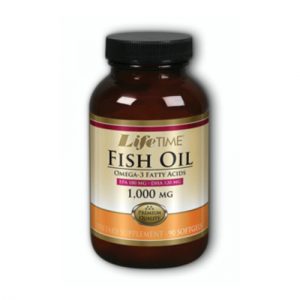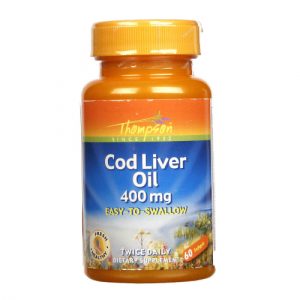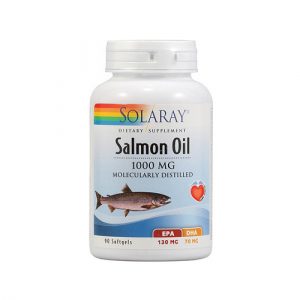As the world becomes increasingly aware of health, there’s been a marked increase in the interest in omega-3 fish oils and their myriad benefits for health. What gives fish oil its health benefits is the fact that they are saturated with omega-3 fatty acids. A few examples of the benefits of omega-3s are the prevention of heart attacks and prevention of depression, and some research shows that they assist in weight loss.
Our Diets Are Deficient
Recently, the diet of a typical person has been moving away from fish and more into other meats, like beef and chicken. Consequently, the typical person isn’t getting enough amounts of healthy omega-3 acids in significant supply in fish, and losing the health benefits. Even if you decide to switch your food intake around and start eating large portions of fish, you would certainly be doing so at a markedly high chance of toxic contamination. Since our environmental policies haven’t been able to address the contamination in our oceans, it’s incredibly probable that you will be taking a toxic quantity of toxic seafood to be able to obtain the omega-3s your body requires.
Fish Oils: The Ideal Solution
The ideal answer here is for you to consume fish oils. Fish oils are loaded with omega-3 acids as their active constituent, so one may procure adequate omega-3 fatty acid needs from them. Not all fish oils are the same, however. We shall now walk through a handful of most popular varieties of fish oils.
Natural Omega-3 Fish Oils
Natural fish oils have a concentration of about 30% or lower omega-3 fatty acids. What this means is that for every 1000mg of “natural” fish oil, you will get 300mg of omega-3 acids. This is a pretty measly quantity, and you can do a lot better with a higher concentration fish oils. The downfall to this type is since it’s all natural, there is some risk of toxic contamination with natural fish oils.
Pharmaceutical-Grade Omega-3 Fish Oils
A choice for people who want not to be subject to the risk of toxins is to use pharmaceutical grade omega-3 fish oil capsules or liquid. Fish oils are highly concentrated and purified of toxins. What this means is that you consume greater quantities of omega-3 fatty acids and you are sure that there is zero contamination. Just how much more omega-3 acids do they contain? Pharmaceutical-grade fish oil supplements have an omega-3 fatty acid concentration of at least 60%. That quantity is double what you get in natural omega-3 fish oil supplements.
Cod Liver Oil Supplements
Some consumers may make the mistake of believing that cod liver oil is the same as most other omega-3 fish oil supplements. While cod liver oil is in actuality a fish oil, there are some serious things you ought to know before taking cod liver oil as a supplement. Essentially, there was clinical research which showed that the Vitamin A in cod liver oil (which is in the form of retinol) could actually be harmful to one’s body. A handful of these undesirable effects is bone fractures, joint aches and loss of hair. Cod liver oils are OK if you are positive the levels of Vitamin A aren’t dangerously high, but there are significantly superior ways to get your omega-3s.
Salmon Oil Supplements
Salmon oil is among the latest to jump on the fish oil bandwagon. Now I happen to like how salmon tastes, whether baked or fried. Because salmon are pretty high up on the food chain, there is a markedly greater risk of contamination from toxins. It would be less risky to get your fish oil sourced from fish at lower risk of contamination, such as sardines and anchovies.
Fish oils have made it simpler to get your daily omega-3 fatty acids than ever before. As a result of the wide array of fish oil tablets available, it should never be a big deal to find one that will satisfy you and your budget. There is no reason not to get your daily requirement of omega-3s anymore.
Related Products





Leave a Reply